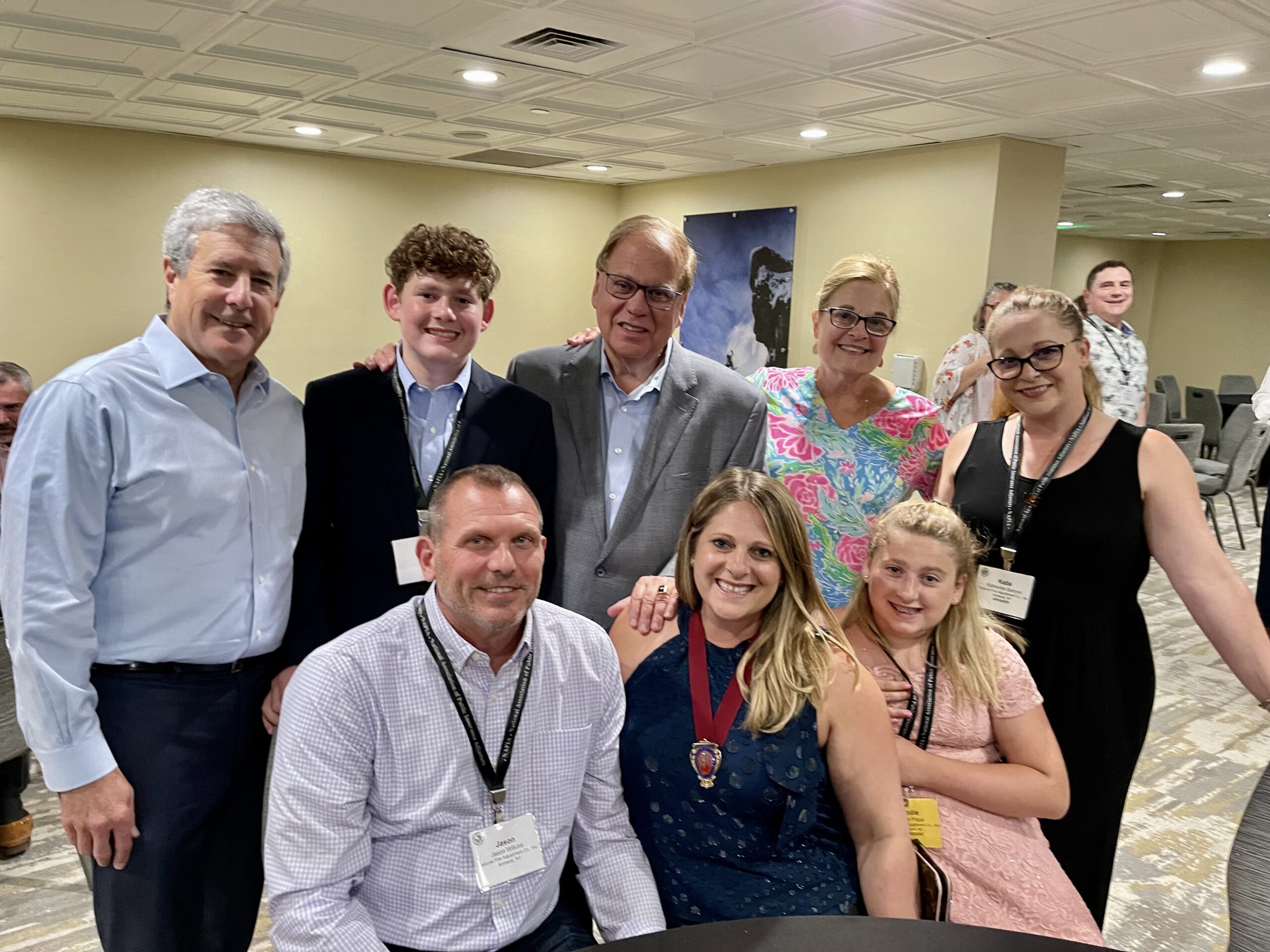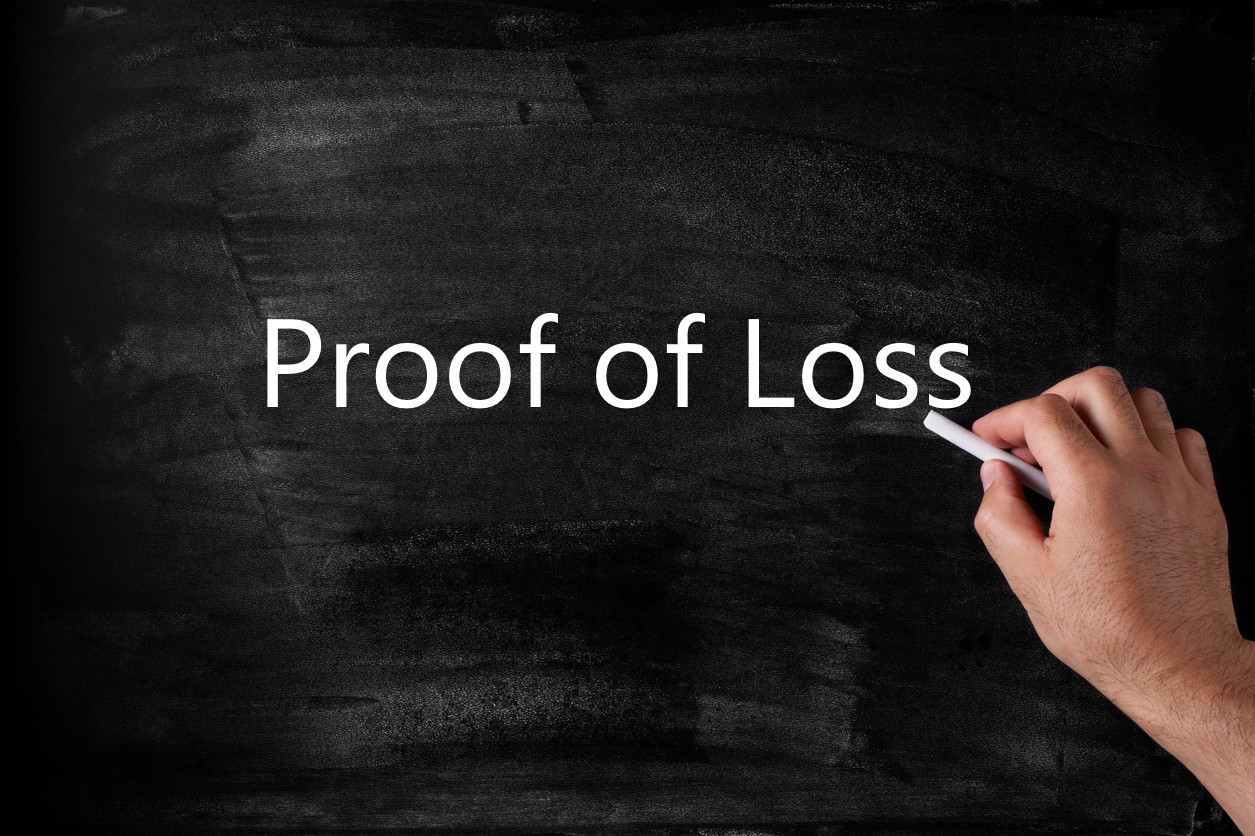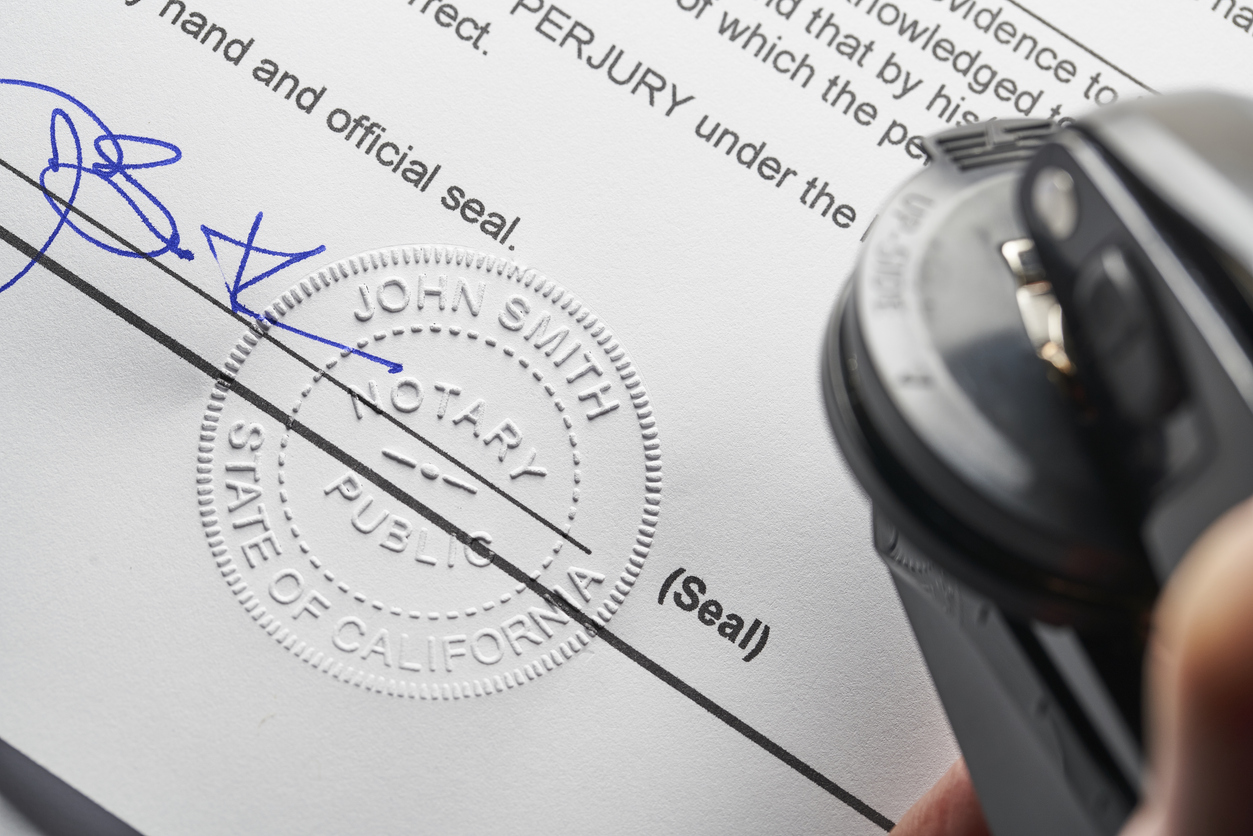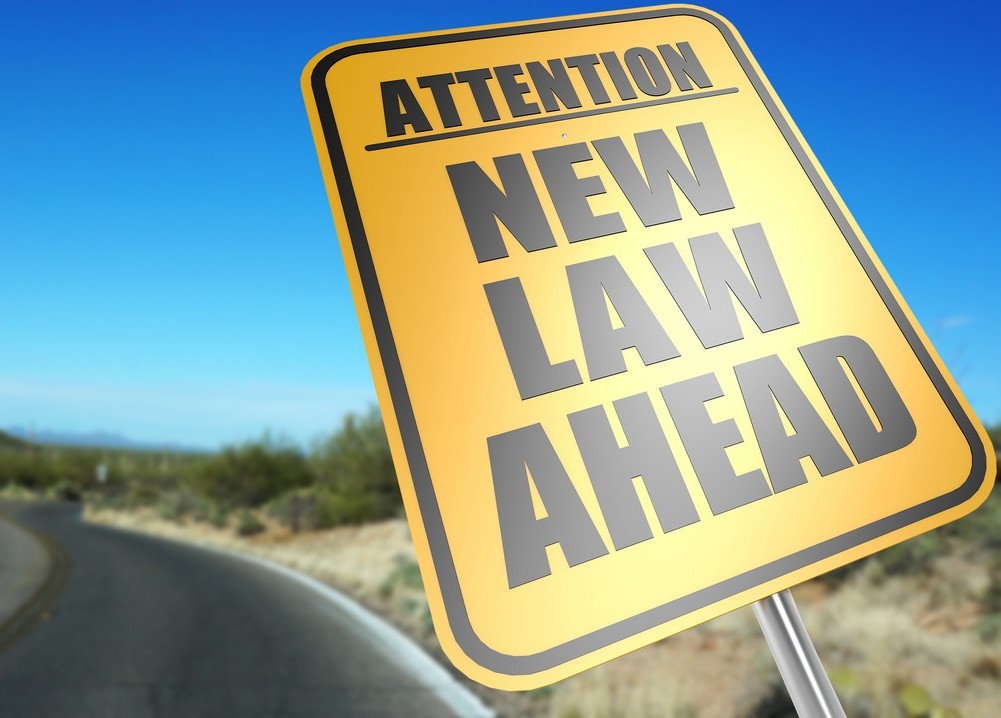(Chip’s Note—This is the third post of a weekly feature of this blog which I am writing to obtain perceptions from experienced and leading public adjusters in the public adjusting profession.)
About twenty years ago, I asked past NAPIA President Harvey Goodman for his opinion about who the best public adjusters were. He raised his hand and said, “If I have one hand up, Ron Papa would certainly be among the top five.” Ron Papa is the CEO of National Fire Adjustment (NFA.) While I usually ask about the history of a public adjusting firm, readers should go to the NFA website to see the timeline for this 100-year-old public adjusting business.
Ron Papa was president of NAPIA from 1992-93. He was named Man of the Year by NAPIA and holds the SPPA designation by The Institutes. For historical context, Ron’s daughter, Jodie Papa, was noted in a post, Jodie Papa and NAPIA Hold Successful Live Annual Meeting.
What is your personal history as a public adjuster? What are your earliest memories of doing this work?
I first started at NFA reading newspapers for fires at the age of 4. I then started going to fire scenes to assist my father and other NFA employees, carrying my dad’s very large two-way radio at ten years old. I graduated into inventory work, where I would go into damaged grocery stores, hardware stores, and other businesses to do a physical inventory. This was before REGIS and sophisticated perpetual inventory systems were in place. I became the youngest licensed Public Adjuster in New York State at eighteen. I first started handling small dwelling losses and graduated to adjusting homeowner losses. At age 22, I moved full-time to Rochester, New York, from Buffalo to help to get that office off the ground. The plan was for me to go to Rochester for just one year but ended up spending twenty! I loved my stay in Rochester because I was instrumental in opening that office but still had my dad’s support and the NFA brand name.
You have a large team of public adjusters with management helping plan, organize, and operate the business. Has your role changed in the firm?
I am proud to be the CEO of a firm that employs over 30 licensed public adjusters. We are licensed in over 40 states and currently handle losses throughout the United States. I think of myself as a resource to our adjusters regarding coverage questions and negotiations with complicated claims. We have a very strong management organization. All of our adjusters report to a manager in their respective offices. Our people very often consult with one another regarding coverage questions or the best way to deal with a particular insurance company or its adjuster. It is a great resource for us to have in-house CPAs, an architect, and lawyer.
What is it about your work that keeps you inspired to do this at the level you do?
Our people and I stay motivated because of the constantly changing environment of the insurance industry. We find claims to be much more complicated than they have been in the past, and the novelty of handling these claims is exciting. Our clients are more sophisticated and much more demanding today than in the past due to the Internet and other outside information sources. We have grown to handle much larger losses that are over $100 million while still having a passion for smaller homeowner claims.
If a public adjuster with five years of experience came to you and asked you what professional skillsets and interpersonal skillsets are most important to develop as a public adjuster, what would you tell that five-year public adjuster?
I think to be a successful public adjuster, you need to have compassion, patience, good listening skills, and, most importantly, be a creative thinker. A public adjuster cannot look at this as a nine-to-five job. You have to constantly think about how to solve the client’s problems, which often means calling the client in the evening. If you do not have that internal passion for the business, I think you should be doing something else. I know my daughters feel the same way, and other successful public adjusters all seem to have this type of passion and work ethic.
What are three compelling reasons why any passionate public adjuster should join NAPIA?
The education is second-to-none because it is focused on precisely what we do. It broadens our views and perceptions about how we do our job. For me, it has created very strong friendships that I have now cherished for decades. These friendships between the families of members are generational as well. I do have a wonderful personal relationship with Harvey Goodman. I am proud to say that although we compete on certain losses, I believe we have a great mutual respect. We can use each other as a sounding board on certain claims of the highest caliber and learn from each other’s insights and effectiveness in dealing with the insurance industry.
NAPIA is the ‘watchdog’ for the public adjusting profession. NAPIA was the organization primarily responsible for establishing public adjusting licensing. NAPIA has a constant presence with insurance regulators with a significant voice regarding adjusting and policyholder issues. As NAPIA’s liaison with insurance commissioners, Ann Frohman, has told me, “If you do not have a seat at the table, you are going to be on the menu.” Public adjusters who really care about what we do and our ability to do it need to provide united support to our profession through NAPIA.
Jodie Papa remarked in an article that public adjusting is more than just a business for her, but “a way of life.” Do you agree with her?
To be a dedicated public adjuster, especially in today’s environment, is certainly a “lifestyle” and not just “a job.” For example, all of my daughters went with me to a fire while on the way back from the hospital. This is something that truly becomes a part of you. Successful public adjusters take great pride in serving our clients because you know that without our team and their efforts, most clients’ recoveries would never have been achieved. This is the passionate dedication that we provide that today’s insurance company adjuster does not provide. Most of our clients don’t know what benefits they would be missing if it weren’t for this passion for what we do. I don’t know of any other business that is more rewarding than acting as a public adjuster.
What are your fears, worries, hopes, and dreams for the public adjusting profession?
My fear is that the insurance company lobby will try to prevent us from being able to practice what I love to do—public adjusting. Thank goodness NAPIA has been involved in helping on these matters. With NAPIA’a support, I have been involved in a number of lawsuits challenging wrongful legislation. My worry is about the insurance industry losing so many experienced property insurance adjusters. Maybe that is not bad for our business because somebody has to understand the policy and adjustment concepts. But it worries me that complex claims are not being quickly and properly adjusted because of the lack of depth in experience and the number of adjusters missing from the other side of the table. Our profession is growing because there has never been a greater need for quality public adjusters. My dream is to keep working on larger and more complex claims. I find It invigorating.
Is there a fifth Papa generation in sight at NFA?
We have multigenerational NFA team members who are not from my family! But let me tell you a story about my granddaughter, who is now thirteen but was only three years old when this story took place. I started filming her and asked her how good her vocabulary was. This video shows her saying the words “subrogation” and “co-insurance.”
My interview with Ron Papa was inspiring. My impression is that this person was groomed to do exactly what he has been doing his entire life. He is a wealth of information and wisdom. He is delightful to be around. If you ever get a chance to be around Ron Papa for any occasion, you are the better for it.
Thought For The Day
You must take personal responsibility. You cannot change the circumstances, the seasons, or the wind, but you can change yourself. That is something you have charge of.
—Jim Rohn




